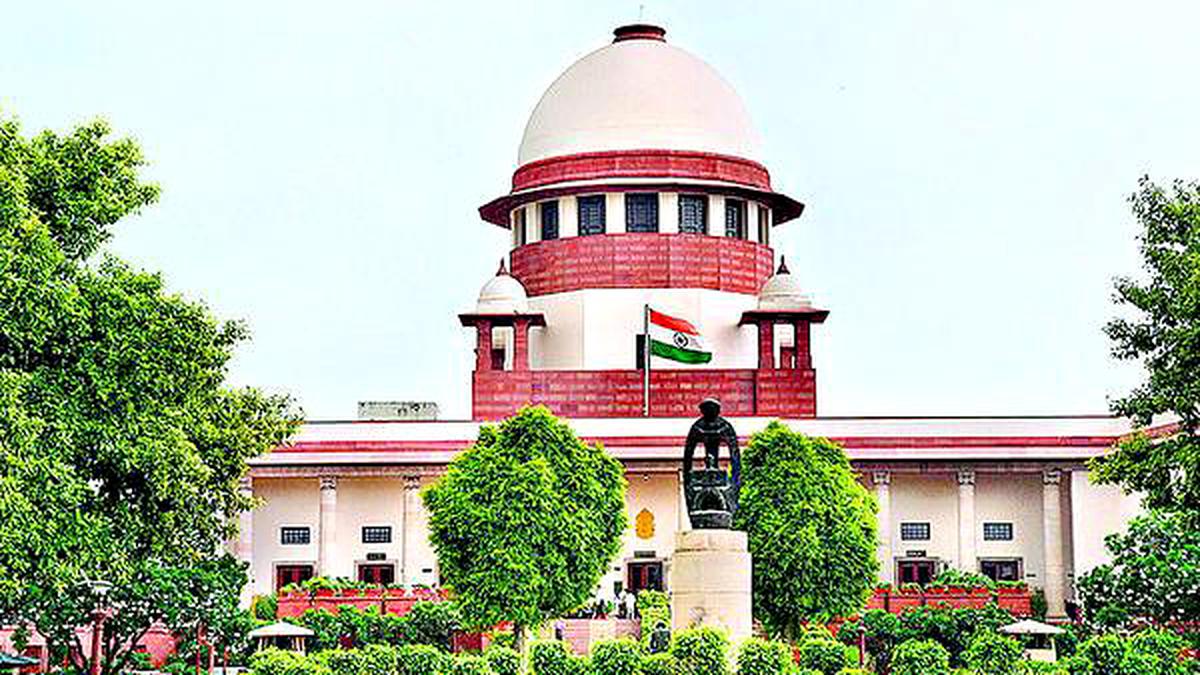A view of the Supreme Court of India. File
| Photo Credit: The Hindu
The Supreme Court of India on Monday (October 6, 2025) decided to examine a plea challenging the constitutional validity of the Securities Transaction Tax (STT), a direct tax levied on securities transactions through a listed stock exchange, as imposed under the Finance Act, 2004.
A Bench headed by Justice J.B. Pardiwala issued formal notice to the Union Government, through the Ministry of Finance, on the petition filed by Aseem Juneja, represented by advocate Siddhartha K. Garg, who contended that the STT violated fundamental rights to equality and to trade or earn a livelihood and the basic right to live with dignity.

The petition clarified that the challenge to the STT was not because the taxation on the stock market participants had increased or that the taxation was currently high.
“The current petition is instead questioning the legality of the tax imposed in the form of STT… Firstly, it violates the principle of double taxation as the petitioner (a stock market trader) pays capital gains tax on the profit made in the market and then also has to pay STT, over and above this capital gains tax already paid on the same transaction,” the plea submitted.
Secondly, Mr. Juneja contended that STT was the only tax in India which was imposed on the “sheer act of carrying out a profession and has to be paid irrespective of whether there is a profit made or not, which makes it almost punitive or deterrent in nature.”
“Every tax in India is on the profit at the year-end but STT is applicable even if the stock market trader is operating in a loss. STT was introduced in 2004 to combat tax evasion in the stock market. This means that STT to stock market participants is what TDS is to salaried individuals. But the problem is that the TDS is refunded at the end of the year or adjusted with the income tax but no such provision is made for STT and the trader has to pay both,” the petition noted.
Published – October 06, 2025 01:33 pm IST

